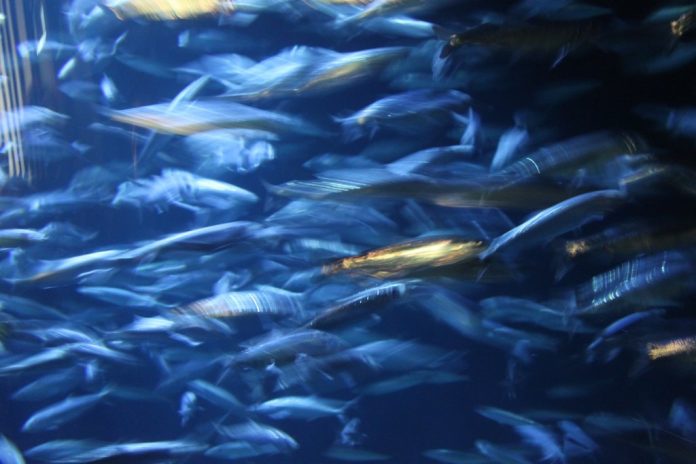Parliament approved the new measures providing support to Baltic Sea fishers and coastal communities, enabling them to cope with the socio-economic effects of severe fishing restrictions.
Eastern Baltic cod stocks have been declining sharply in recent years, for a variety of reasons, linked mainly to environmental and anthropogenic factors. On 22 July 2019, as an emergency measure, the Commission prohibited fishing for six months, with the exception of a limited amount arising from the unavoidable by-catch. Subsequently, fishing opportunities for 2020 were cut by 92%. Fishing opportunities for Western Baltic cod and Western herring were also significantly reduced.
As recovery of the stocks is not expected before 2024, on 31 October 2019 the Commission issued a proposal amending the European Maritime and Fisheries Fund Regulation in order to allow support for permanent cessation and introducing parallel changes to the Baltic multiannual plan by setting capacity limits for the fishing segments concerned and by including additional control and data collection measures.
The fleet segments with the highest dependency on Eastern Baltic cod encompass more than 300 vessels, mainly trawlers and netters in Lithuania, Latvia and Poland (representing between roughly 20% and 50% of the respective national fleet), and to a lesser extent, Denmark and Germany.
The measures, adopted with 587 votes in favour, 22 against and 77 abstentions, provide for additional flexibility in exceptional circumstances caused by the closure of the Eastern Baltic cod fishing. Member states affected will be able to compensate fisheries through the European Maritime and Fisheries Fund 2014-2020 if their activity ceases permanently.
At the same time, the measures aim to ensure that the capacity levels of fleets fishing for Baltic cod will not increase and that permanent cessation with public funds will effectively reduce fleet capacity in the long term.
As the Council already endorsed the content of the agreement, the regulation will enter into force shortly after the plenary vote, following its publication in the Official Journal.
More details on the inter-institutional negotiations agreement finalised on 22 September are available here.

